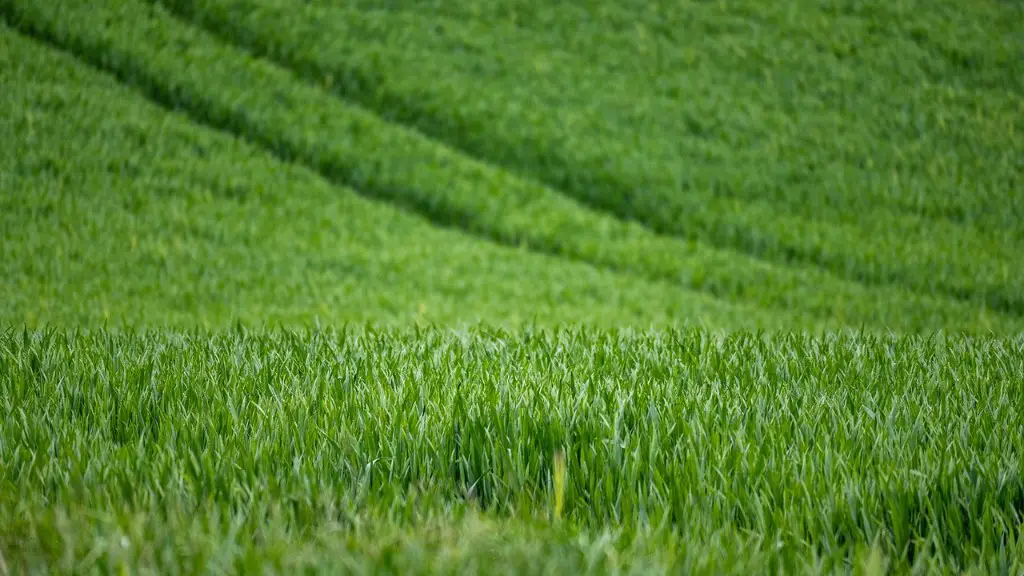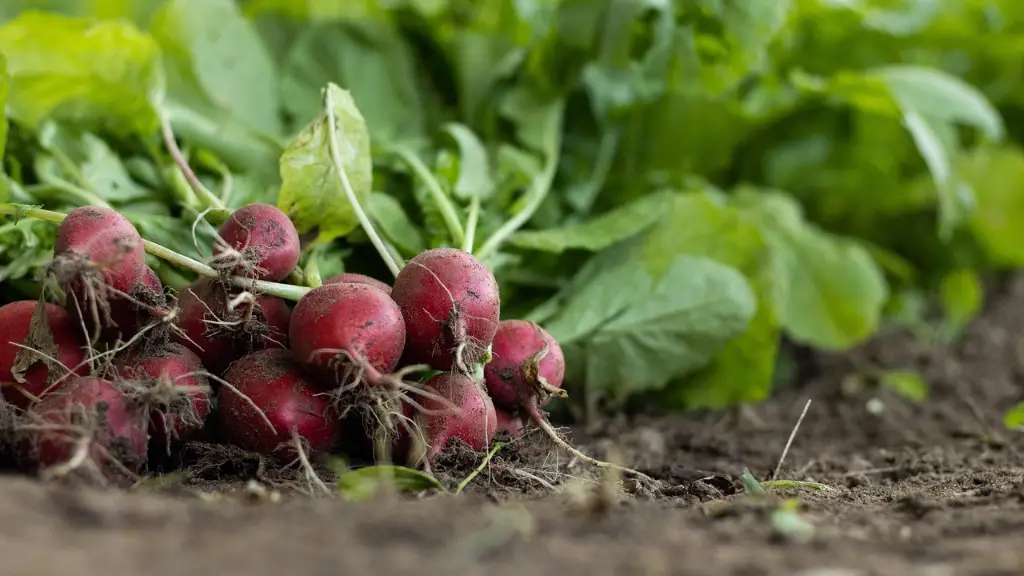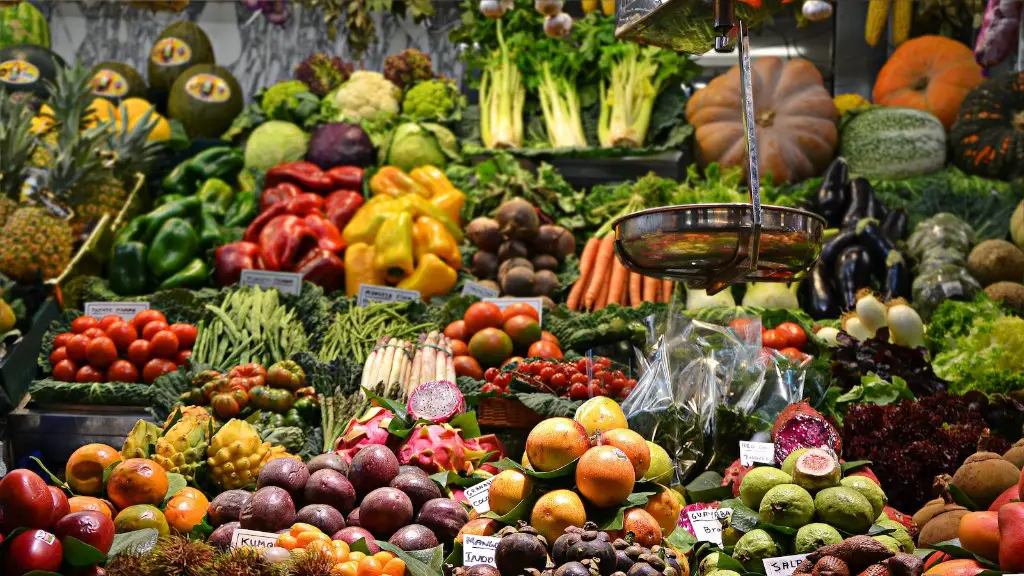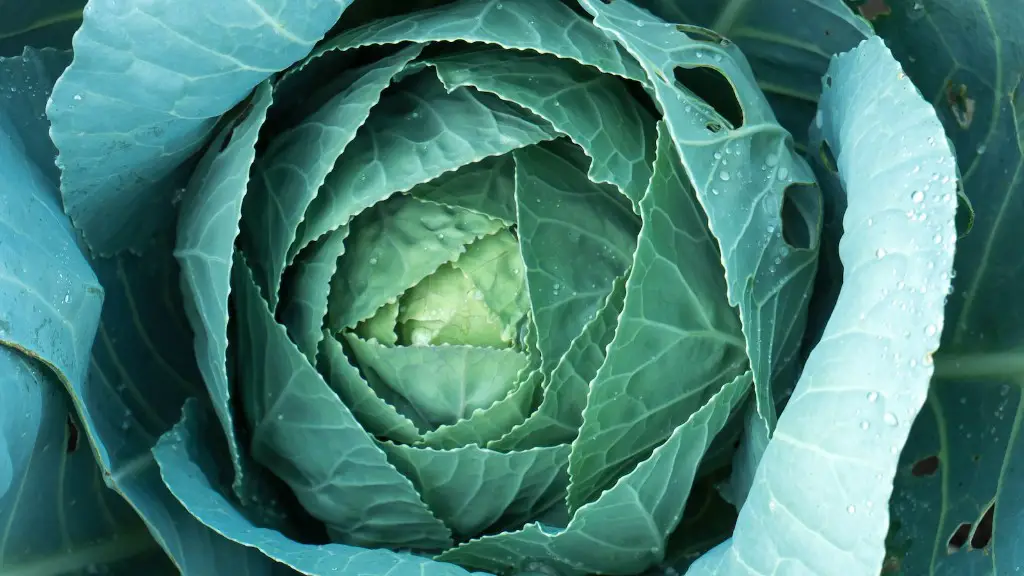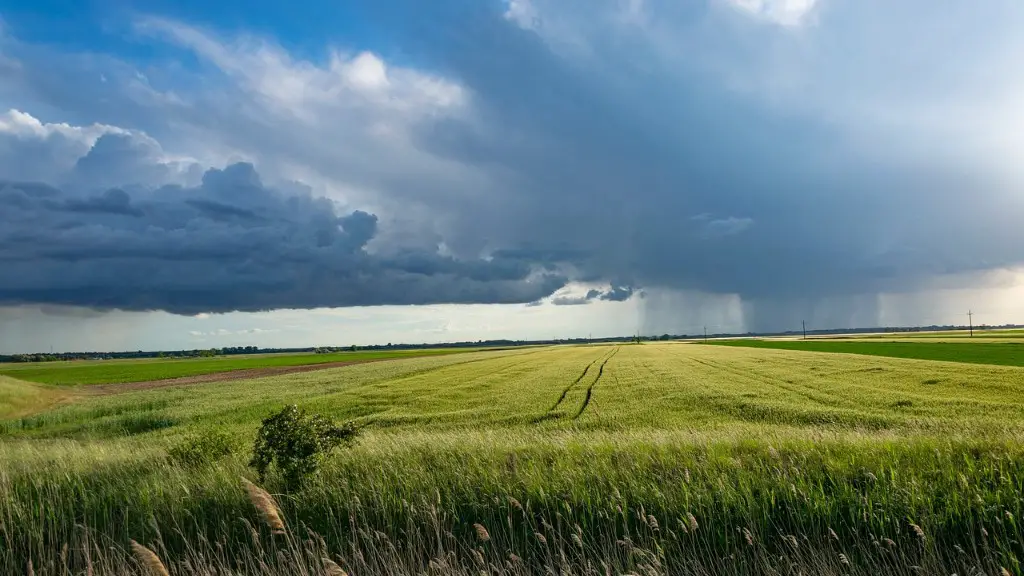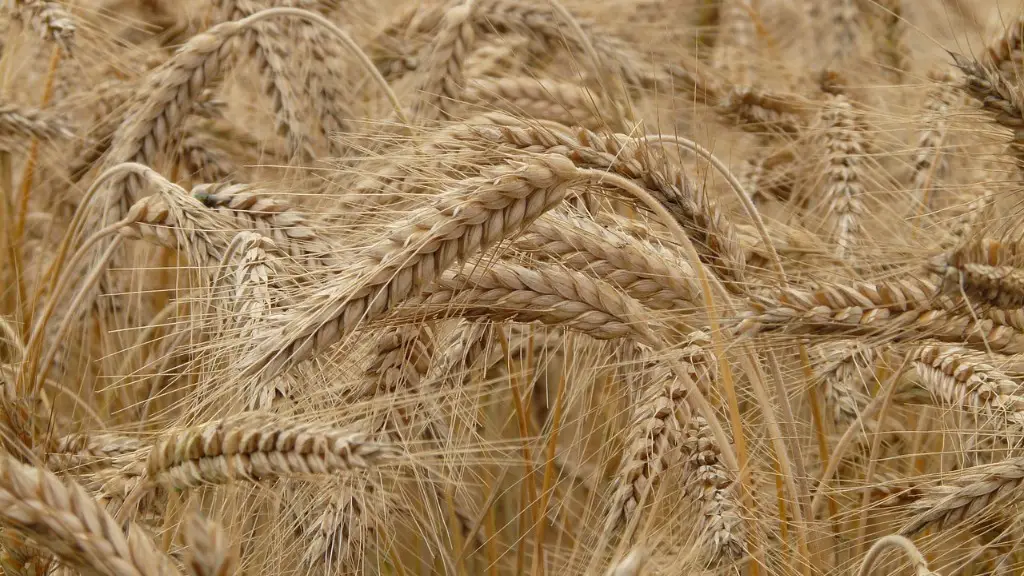Insects are an important part of agriculture for a variety of reasons. They help to pollinate crops, control pests, and are a key part of the food chain.
Insects play an important role in agriculture by serving as pollinators for crops. Insects pollinate flowers as they collect nectar and pollen, and in doing so, they help to ensure that fruits and vegetables can grow and develop properly. Additionally, insects are an important food source for many animals, including birds, amphibians, and reptiles. By providing a nutritious food source for these animals, insects help to maintain healthy ecosystems.
How are insects used in agriculture?
Insects provide many benefits to humans, including pollination of crops and wild plants. Over 80% of all flowering plant species rely on insects for pollination, and without them, many plants would not be able to reproduce. Insects also provide other services to humans, such as pest control and the production of honey and other products.
Beneficial insects are those that provide some sort of benefit to humans. Many of these beneficial insects are predators of other insects that are considered pests, which helps to keep pest populations in check. Beneficial insects also pollinate crops, produce silk, honey, and wax, and break down organic matter. All of these activities are important for human beings and our environment.
Why are insects so important
Without insects, our lives would be vastly different. Insects pollinate many of our fruits, flowers, and vegetables. We would not have much of the produce that we enjoy and rely on without the pollinating services of insects, not to mention honey, beeswax, silk, and other useful products that insects provide.
Insects are a vital part of the ecosystem and play an important role in the food chain. They are responsible for pollination and help to decompose organic matter.
What are beneficial insects and their value to agriculture?
Beneficial insects provide a number of services to the natural ecosystem, including biological control of pests and pollination of plants. Predators, parasitoids, and pollinators such as ladybird beetles, lacewing bugs, Syrphid fly larvae, Praying mantids, Minute pirate bugs, Aphid midges, Bigeyed bugs, Honey bees, and Bumble bees play an important role in keeping the ecosystem in balance.
Insects play a vital role in the process of breaking down and decomposing organic matter. Without them, this waste would overflow and create a huge environmental problem. Insects help to break down the matter into smaller pieces which makes it easier for bacteria and fungi to decompose it. This process is essential for creating healthy, fertile soil.
What are 3 benefits of insects?
Insects provide a number of useful services to both mankind and the environment. They help to keep pest populations in check, pollinate crops that we rely on for food, and act as natural sanitation experts, cleaning up waste so that the world doesn’t become overrun with filth. Insects play a vital role in many ecosystems and perform essential functions that help to keep our world healthy and balanced.
There are a number of commercially beneficial insects which produce honey, wax, lac, dyes and silk. These insects are very helpful in destroying injurious insects and thus play an important role in agriculture and forestry.
What is the most important reason insects are so successful
Insects are one of the most successful groups of animals on the planet. It is believed that their success is due to a number of factors, including their protective shell or exoskeleton, their small size, and their ability to fly. Their small size and ability to fly permits escape from enemies and dispersal to new environments. This combination of features makes them difficult to predate upon and provides them with a significant advantage in the struggle for survival.
Insects play an important role in the ecosystem and in the pollination of plants. Some insects, like bees, also produce products that humans find useful, like honey. Beekeeping is therefore a commercial enterprise in many parts of the world, where honey is a valuable product. In addition, many forest tribes depend on honey as a major source of nutrition. Honeybees can also act as pollinators of crop species, which is beneficial to farmers.
What would happen if there were no insects?
The presence of insects is essential to the survival of many animals on our planet. These animals either consume insects directly, or depend on the energy they provide to survive. In this way, a food chain is supported by the presence of insects. If insects are removed from our planet, we will not be able to survive as all the food chains will collapse.
Bees, beetles, butterflies, and flies play an important role in plant diversity and animal biodiversity. Two-thirds of all plant species rely on insects for pollination, making them a key player in the health of ecosystems. By pollinating plants, these insects indirectly affect the populations of animals that rely on them for food.
What insects do we find important to our agricultural industry
Bees, wasps, butterflies, and ants are all important pollinators of flowering plants. Gardeners love insects like the big-eyed bug and praying mantis because they help control the size of certain insect populations, like aphids and caterpillars, which feed on new plant growth.
Insect farming has many environmental advantages over livestock production. It requires less land and water, emits fewer greenhouse gases, and is more efficient in converting feed into food. Additionally, insects can transform low-value organic by-products into high-quality food or feed. This makes insect farming a more sustainable and environmentally friendly option than livestock production.
How can insect farming help the environment?
Insects are a promising new source of protein for animal feed, with many potential benefits for the environment. Compared to conventional animal protein sources, farming insects requires less extensive land use and resources, and results in lower greenhouse gas emissions. This makes insect agriculture a more sustainable option with a lower impact on the environment.
Insects are a good source of protein and their production uses less resources than animal livestock. They have a smaller carbon footprint and are a sustainable option for protein production.
What are the benefits of making insects more popular as a food source
The practice of entomophagy, or consuming insects, could help address the pressing issue of food security with the world’s population expected to grow to 98 billion by 2050, the UN says. Insects can provide nutrition, with high protein, fat and mineral contents.
Insects pollination is very important for the crop cultivation. They pollinate at least a third of the total volume of crops cultivated worldwide. Many insects are useful predators of non-insect pests such as mites.
Conclusion
Insects have many important roles in agriculture, such as pollination, natural pest control, and providing a source of food for other animals. Pollination by insects is essential for many crops, and without it, these plants would not be able to produce fruit or seeds. Natural pest control by insects helps to keep crop populations in balance and prevent crop damage from becoming too severe. Some insects are also kept as livestock, such as bees for honey production, and silkworms for silk production.
Insects are important in agriculture because they are essential for pollination. Pollination is necessary for the reproduction of plants, and without insects, many plants would not be able to reproduce. This would eventually lead to a decline in the population of these plants, and this would have a negative impact on the agricultural industry.
